For a personal project I'm trying to make a reproduction of a SNES game (Earthbound) which is 3mb in size. Now the easiest way would be fitting the game in a 4mb 27C322 and multiplex the 16 bit bus to 8 bit (there are even pre-made PCBs that take care of the wiring and multiplexing).
However I'm trying to do it by myself, for fun, and with the components I already have at home. This is the schematic I came up with:
Basically I'm using 2 OR gates to combine the output effects of /OE and (inverted)A21 on the eproms and select the correct chip.
Now, I'm by no means an expert in electronics (as you may also have guessed by how I did the schematic) and unfortunately I don't have an oscilloscope to test it by myself, so my question is: will this circuit commute fast enough?
By "Fast enough" I mean in a time ideally =< 120ns (the fastrom specs of the SNES) and mandatorily =< 140ns (the actual time the SNES expect the signals to be stable). Anything over would be trying my luck hoping the components perform better than what the datasheet reports.
If I do the math (from the datasheets) the eproms are both 100ns, the 74F04 inverter is 3.5ns and the 1N5819 is 10ns (on some datasheets, on others I read =< 500ns?!). IF the forward recovery time is always less than the reverse (correct me on this if I'm wrong) it should work.
My doubts are about the 4.7kohm resistor, again, correct me if I'm wrong, but in this circuit the higher the resistance the slower the transition from 1 to 0 will be, but if the resistance is too low, I'm afraid that the opposite will also be true: transitioning from 0 to 1 will require more time. 4.7kohm is a "good enough" pull-up/down resistor for 5v TTL in most cases, but can it work in this case where there could be many fast commutations from 1 to 0 and from 0 to 1?
